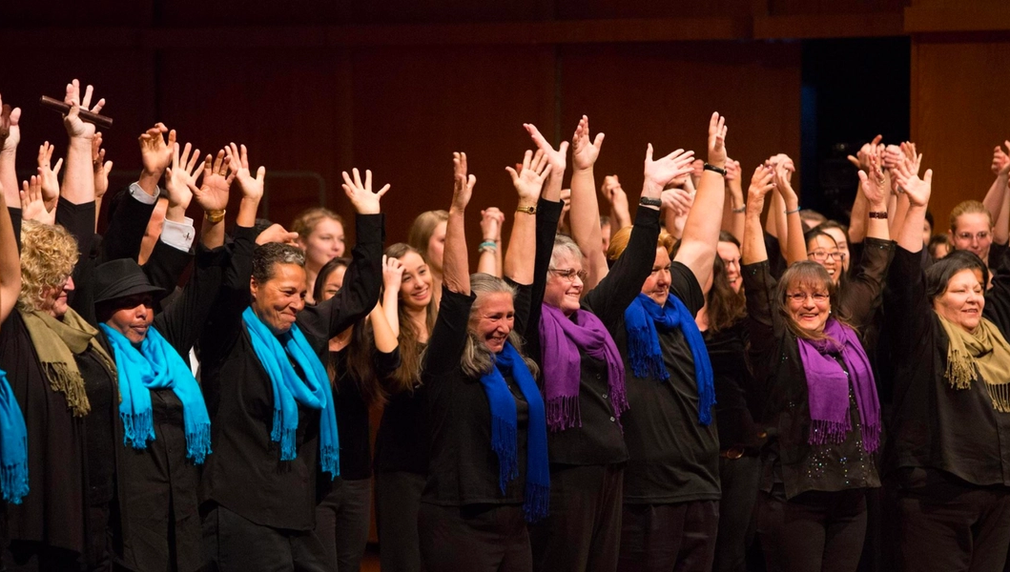Crossroads: A Home for Formerly Incarcerated Women
Crossroads has provided second chances, life-skills, hope, and a home to formerly incarcerated women for over 45 years. The Residential and Transitional Housing Programs with comprehensive services prepare women for independent living. The ultimate goal of Crossroads is to see each woman thrive in the community. Benchmarks for “thriving” include a healthier lifestyle free of substance use and violence, meaningful employment, a developing support system, and a better sense of herself.

What is the primary issue area that your application will impact?
Housing and Homelessness
In which areas of Los Angeles will you be directly working?
San Gabriel Valley
In what stage of innovation is this project, program, or initiative?
Expand existing project, program, or initiative
What is your understanding of the issue that you are seeking to address?
Homelessness in LA County is a crisis. Crossroads serves formerly incarcerated women and while prison provided a roof over the head, it is not a home. Women are negatively impacted and so is her family, extended family, neighborhood, and community. Women released from prison have multi-layered needs. In a Prison Policy Report, the formerly incarcerated were 10 times more likely to be homeless vs. the general public, and African American women were most at risk of homelessness. When a woman paroles, she is given $200. The characteristics common to female parolees - - severed social relationships, economic vulnerability, addiction, abuse - - increase the likelihood that women will become homeless and/or return to prison. Homelessness is more than not having a physical home, especially for vulnerable formerly incarcerated women. Homelessness can encompass hunger, isolation, fear, poverty, lack of opportunity, barriers to employment and stigma of having been incarcerated.
Describe the project, program, or initiative this grant will support to address the issue.
Crossroads links women released from prison to immediate stability. The six-month Residential Program provides comprehensive services. The Transitional Housing Program, available to any woman who completes a Residential Program provides another six-months. Women participate in weekly case management, individual counseling to cope with trauma, and group sessions to improve self-esteem, strength in sobriety, life skills, and well-being. Women are assisted in going to medical, dental, vision, and parole appointments. In the Turning Point Job-Readiness Project, the women write resumes, practice job interviews, learn to talk openly about interrupted work histories to prepare for finding employment with a felony record. When women start working, they save 75% of their earnings for eventual independent living. The Crossroads programming is evidence-based, gender-responsive, and trauma-informed. Crossroads hires staff with the shared experience of having been incarcerated. In addition to the daily engagement, the home environment is crucial to Crossroads. The women cook dinner and eat together every night in an effort to form a family-like dynamic. CA statistics show that 59% of women released from prison, return to prison within 3 years. If women stay at Crossroads for at least 3 months, over 90% graduate from Crossroads and become self-sufficient members of the community. Women rebuild their lives, and this significantly reduces recidivism and homelessness.
Describe how Los Angeles County will be different if your work is successful.
At Crossroads, we believe in second chances. We also believe that women coming out of prison deserve kindness, hope, compassion, and practical assistance. Many of the women have served long prison sentences, many up to 20 years each. The goal of Crossroads is to create community for the women. Providing specific job-training for women also creates employment opportunities. When women work, they express that they feel just like everyone else. Working allows women to live independently. The barriers are real, but the women succeed every day. Crossroads helps to make LA County a more equitable community where our most vulnerable are given chances and are treated with compassion. As one Crossroads graduate said, “This program is not just a re-entry home, or a sober living place, it’s not just a life-changer, it’s a lifesaver. Crossroads showed me what real unconditional love feels like and I hadn’t ever experienced that before.”
What evidence do you have that this project, program, or initiative is or will be successful, and how will you define and measure success?
Over 90% of women complete the Crossroads program and continue to live independently in the community. Crossroads has a system the ensures each woman is attending classes, meeting personal and program goals, and completing the program. One of the benefits of being a small organization is that each of the staff members have a unique relationship with the women. The staff can offer additional support during crisis. Success looks different for each woman. For some, success is just walking in the door. For some, it is getting their first job in 20 years at McDonalds. For some, it is going on to higher education. Whatever the story entails, it is important that they know that each journey is unique. Crossroads helps each woman, but also helps the larger community because she is part of her family, network of friends, neighborhood, and work environment. A Crossroads woman is always welcome back if she needs any additional support. The Crossroads door is always open.
Approximately how many people will be impacted by this project, program, or initiative?
Direct Impact: 50
Indirect Impact: 100